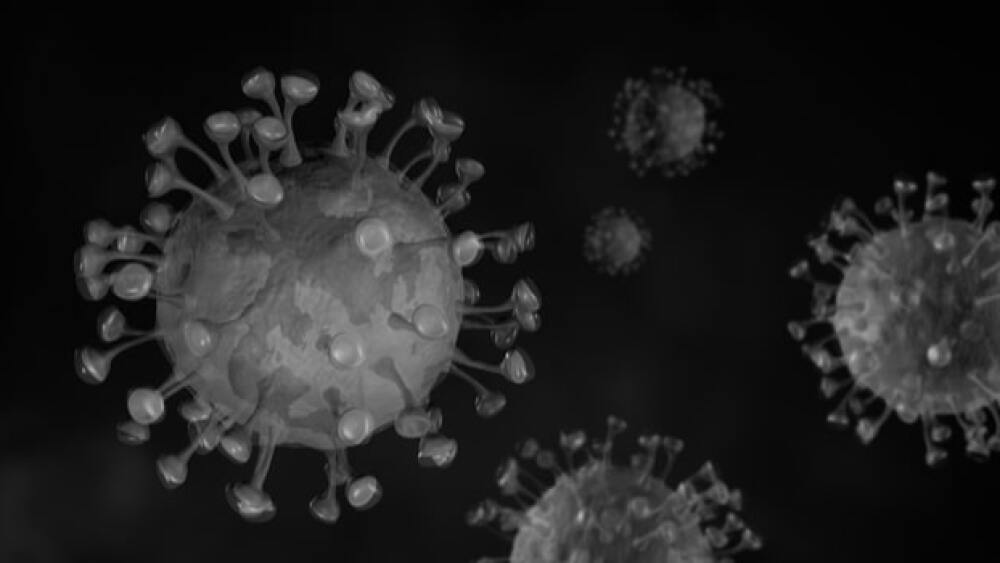A study published in Nature Communications on August 27 shows that a feline antiviral drug was effective at inhibiting the replication of human coronaviruses in cell cultures infected by severe acute respiratory syndrome coronavirus 2 (SARS-CoV-2).
A new study published in Nature Communications on August 27 shows that a feline antiviral drug was effective at inhibiting the replication of human coronaviruses in cell cultures infected by severe acute respiratory syndrome coronavirus 2 (SARS-CoV-2), the coronavirus responsible for coronavirus disease 2019 (COVID-19) in humans.
The study, led by researchers at the University of Alberta in Canada, investigated the in vitro inhibitory effects of prodrug GC376, a dipeptide-based protease inhibitor used to treat feline infectious peritonitis, against the main protease in SARS-CoV-2. Both prodrug GC376 and its parent GC373 were synthesized and tested against SARS-CoV-2 in test tubes and human cell lines by University of Alberta biochemistry professor Joanne Lemieux, Ph.D., University of Alberta chemist John Vederas, Ph.D., biochemistry professor Howard Young, Ph.D. and founding director of the Li Ka Shing Institute of Virology Lorne Tyrell, MD.
“In just two months, our results have shown that the drug is effective at inhibiting viral replication in cells with SARS-CoV-2,” said Lemieux, corresponding study author. “This drug is very likely to work in humans, so we’re encouraged that it will be an effective antiviral treatment for COVID-19 patients.”
Further analysis with nuclear magnetic resonance imaging allowed for a deeper insight into the mechanism of action associated with these antiviral agents.
“We determined the three-dimensional shape of the protease with the drug in the active site pocket, showing the mechanism of inhibition,” Lemieux said. “This will allow us to develop even more effective drugs.”
The findings from this trial were first posted on research website BioRxIV prior to being published in the peer-reviewed journal Nature Communications. Lemieux explained why she and her colleagues decided to post the results prior to peer review: “There’s a rule with COVID research that all results need to be made public immediately.”
According to the study authors, it is important that GC376 is advanced rapidly into human COVID-19 trials, as longer-term solutions for the virus – like vaccines – are likely a year or more away from being realized. Lemieux suggests that the current drug has demonstrated enough antiviral capabilities against SARS-CoV-2 to justify proceeding it to clinical trials now.
“Typically for a drug to go into clinical trials, it has to be confirmed in the lab and then tested in animal models,” Lemieux said. “Because this drug has already been used to treat cats with coronavirus, and it’s effective with little to no toxicity, it’s already passed those stages, and this allows us to move forward.”
In the meantime, University of Alberta researchers plan to test modifications of the inhibitor therapy that will enable to agent to better fit inside the virus.
Lemieux and her colleagues at the University of Alberta are already planning to pursue further clinical investigation into this drug for the treatment of COVID-19. They have recently collaborated with veterinary medicine company Anivive Life Sciences, which will produce enough of the antiviral drug needed for these clinical trials. Dr. Lemieux noted that the drug will likely be tested with remdesivir, a promising antiviral granted approval for conditional use in some countries.





